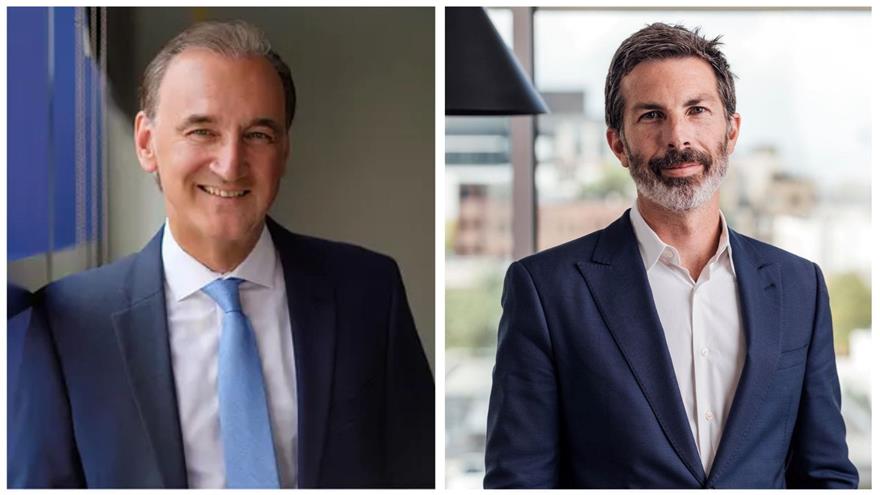Drexel Innovation Fund Sparks Courses at Close School of Entrepreneurship
By Natalie Kostelni

For the second year, the Charles D. Close School of Entrepreneurship delivered an experiential undergraduate course called: “Venture Capital Due Diligence” (ENTP T380), which immerses students in the process of investing in early-stage startups vying for funding from Drexel University’s Innovation Fund (DUIF).
The course is open to all University students, who work with the DUIF Investment Advisory Committee to vet four finalists and select the winners, each of whom received $150,000 in seed funding.
Through the Fund, the University aspires to play the role of a “friends and family” investor by being one of the first investors to support these startups. The early-stage startups involve students, alumni, postgraduates and faculty members, as well as startups founded to commercialize Drexel scientific research and intellectual property.

As students in the Close School companion course evaluate and ultimately select the companies that will receive seed money, they gain insight into the experiences of venture capitalists. Throughout the course, they directly engage with the principals of the four startups and take on the role of a due diligence analyst.
In that capacity, students are tasked with thoroughly investigating and researching the companies as potential investment opportunities. Students gather, analyze and assess information to ensure that all relevant facts, opportunities and risks are identified before making investment decisions. That work includes examining financial statements, business models, market conditions, legal compliance, regulatory challenges and operational performance. This analysis helps investors make informed decisions about the investment.
“It can at first be hard for students to put a critical eye on a startup, but through the course, they learn how to be an expert that can thoroughly analyze a company and assess the market feasibility of a product,” said Chuck Sacco, vice dean of educational affairs at the Close School. "Through active participation in the Fund's selection process, our students gain invaluable insights and emerge as proficient analysts in the early-stage investment field."
The course culminates with separate presentations from both the finalist startups and the undergraduate students to an Investment Advisory Committee primarily consisting of Drexel alumni.
The second cohort to receive funding this year included: AER Cosmetics, a sustainable cosmetics brand founded by Drexel alumna Paige DeAngelo; 1DNano, a nanomaterial cleantech company commercializing hydroxides-derived nanostructures (HDNs) discovered by a distinguished professor and doctoral researcher in the College of Engineering; and MXene, Inc., a company focused on the commercialization of nanomaterials called MXenes, first discovered in 2011 by two groups of researchers led by distinguished Drexel engineering faculty.
The Fund was launched as a collaboration between Drexel’s Office of the President, Office of the Provost, Office of Research & Innovation, the Charles D. Close School of Entrepreneurship, the Drexel Solutions Institute, and Drexel’s Office of the Executive Vice President.
The success of the Venture Capital Due Diligence course inspired Robert Morier, associate director of external relations at the Close School, to create another project-based learning class called Funding for Impact: Bridging Investment and Philanthropy (ENTP 335), which was offered in the spring 2024 term.
“In the dynamic world of modern philanthropy, a new approach connects the strategic rigor of venture capital with the heart and mission of traditional philanthropy,” Morier said. “This course delves deep into that intersection.”
Students received a comprehensive overview of how venture philanthropy operates, its historical roots, the ethical considerations it brings to the fore, and its transformative potential for the future. They also explored a range of topics from the foundational principles of venture philanthropy and the financial instruments employed, to the intricacies of measuring impact, the importance of stakeholder engagement, along with the successes and controversies surrounding this type of investment approach.
Throughout the course, guest speakers from the venture capital industry provided students with direct insights into this investment arena. Kate Williams, CEO from 1% for the Planet, was among the guest speakers, and students took a day trip to the nonprofit’s headquarters in Vermont.